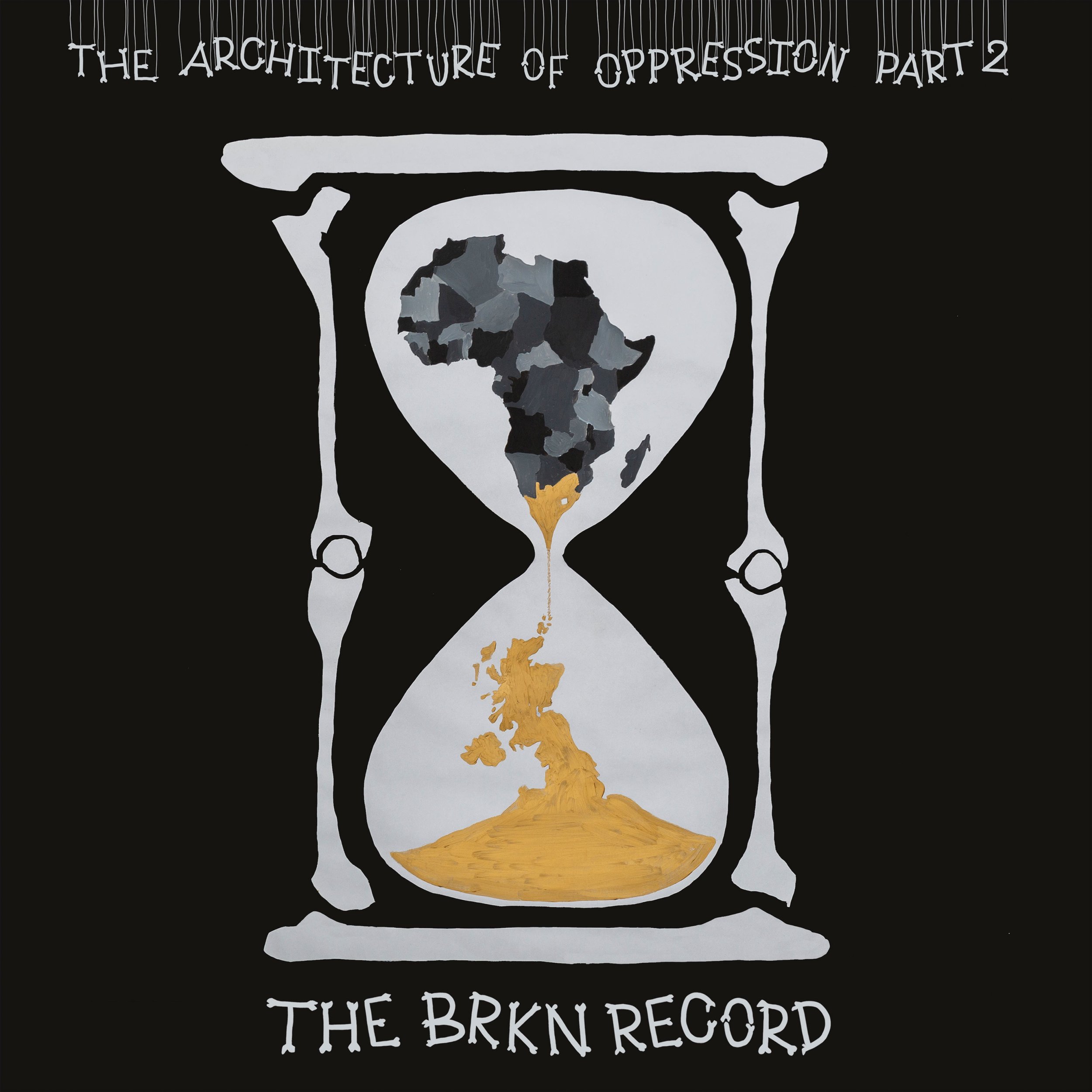Transnational Indigenous Scholar, Scientist
Author of Fresh Banana Leaves: Healing Indigenous Landscapes through Indigenous Science
I live my life embodying the teaching my grandmother instilled in me – that no matter which lens I walked on, I had to learn how to build relationships with the land and the Indigenous peoples whose land I reside on to become a welcome guest. As a displaced Indigenous woman, my longing to return to my ancestral homelands will always be there, and this is why I continue to support my communities in the diaspora. However, my relationships are not only with my community, but also the Indigenous communities whose land I am displaced on, and this is the foundation of my work while residing in the Pacific Northwest. I strongly believe that in order to start healing Indigenous landscapes, everyone must understand their positionality as either settlers, unwanted guests, or welcomed guests, and that is ultimately determined by the Indigenous communities whose land you currently reside on or occupy. This teaching has also helped me envision my goals in life. Every day I get closer to becoming an ancestor because life is not guaranteed but rather a gift we are granted from our ancestors who are now in the spiritual world.











